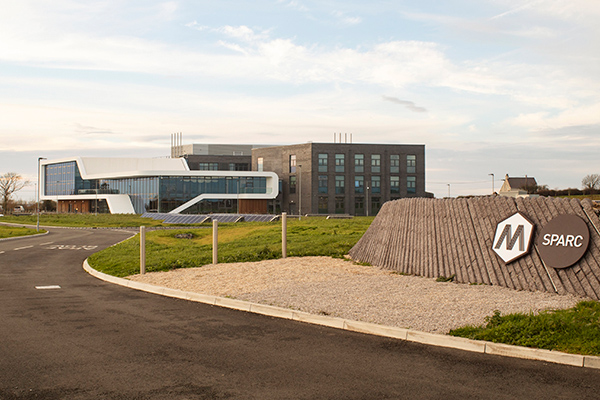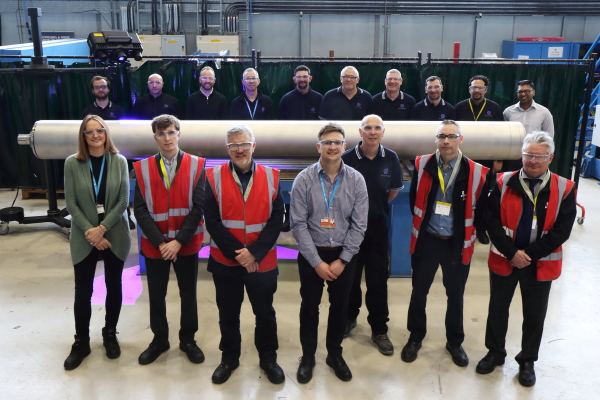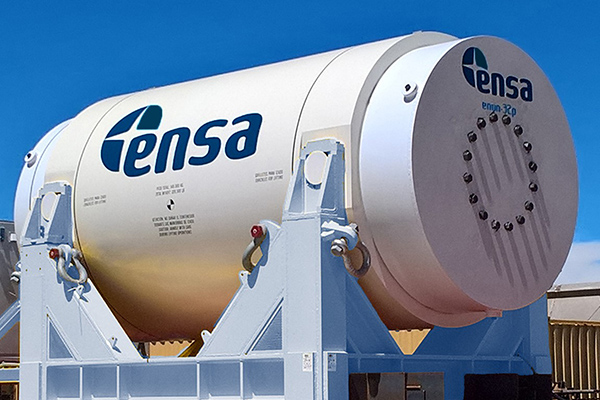A new partnership between the Nuclear AMRC and M-SParc will help support clean energy innovation in North Wales.
The Menai Science Park (M-SParc) on the Isle of Anglesey is part of Bangor University, with the mission of developing the region’s knowledge-based economy. Bangor University is also home to the Nuclear Futures Institute (NFI), which aims to support North Wales to become a global centre in nuclear technology.
By joining the Nuclear AMRC as a tier two member, M-SParc will foster collaboration between the centre and researchers at Bangor, covering commercial and collaborative R&D projects into nuclear materials, controls and instrumentation, digital technology and modularisation.

Pryderi ap Rhisiart, M-SParc’s Managing Director, sees the collaboration as a step forward for SMEs in the region. “This new collaboration should yield opportunities for our ecosystem of innovative businesses in the nuclear sector and I look forward to seeing them engage with the Nuclear AMRC,” he says.
“M-SParc’s focus is on low carbon energy, the environment, ICT and natural products, and so this collaboration is beneficial not only from an engineering perspective but on other aspects such as digital technology into the future. This enhances the collaboration further, bringing new opportunities for current and potential future tenants of M-SParc, and SMEs in the region, to benefit from the nuclear cluster.”
As part of its membership, M-SParc will provide office space for the Nuclear AMRC, giving the centre a regional base to engage with businesses in North Wales and support future development on the region’s licenced nuclear sites. The Nuclear AMRC has already worked with dozens of Welsh manufacturers through its Fit For Nuclear supplier development programme, with support from the Welsh government.
“This helps cement the relationship between the Nuclear AMRC and the nuclear cluster around Bangor, in one of the UK’s most strategically important nuclear regions,” says Professor Richard Hall, Regional Director for the Nuclear AMRC. “Bangor University has growing R&D capabilities for nuclear, and we’re already collaborating on a number of major projects to support clean energy in North Wales.”
The Nuclear Futures Institute (NFI) at Bangor University focuses on materials for nuclear and extreme environments, thermal hydraulics and reactor design.
“Working with the Nuclear AMRC gives the NFI instant links with many companies and institutions working in the nuclear sector,” says Professor Bill Lee, Director of the NFI. “In particular, there are opportunities to collaborate with world-leading researchers on new reactors such as small modular reactors, advanced modular reactors, and small spherical tokamaks, and the application of new thermal hydraulic, digital, AI and robotic technologies to these reactors.”
- Find out more about Menai Science Park: m-sparc.com






